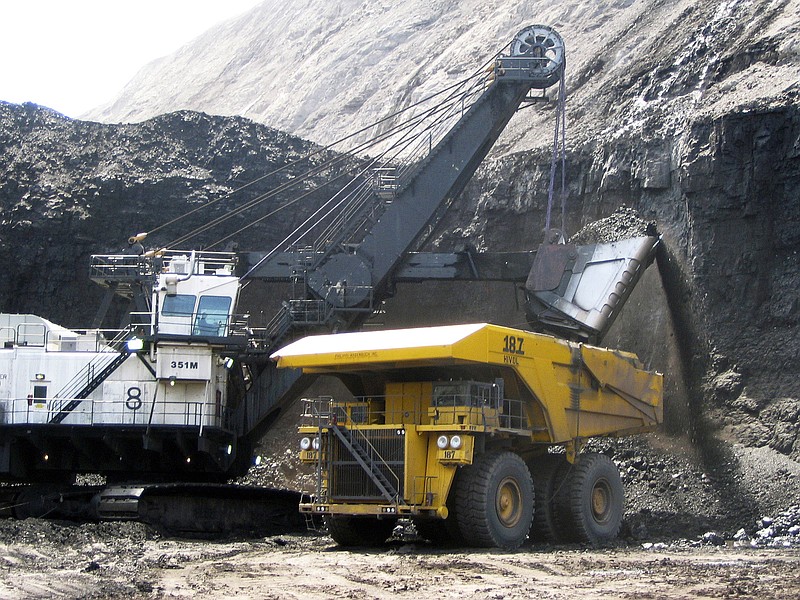CHEYENNE, Wyo. (AP) - Handing a major victory to environmentalists, a court cast doubt Friday on a longstanding U.S. government argument that blocking federal coal leasing won't affect climate change because the coal could simply be mined elsewhere.
Environmentalists have been trying for years to block federal coal leases on climate-change grounds with limited success. The ruling by the 10th U.S. Circuit Court of Appeals will require the U.S. Bureau of Land Management to provide more data to support its argument that coal makes no net contribution to climate change after it's burned in power plants. The BLM oversees leasing of vast Western tracts that supply much of the nation's coal.
"This is big. And we're certainly going to be wielding this and using it to confront other mining approvals both in the Powder River Basin and beyond," Jeremy Nichols with WildEarth Guardians said.
The Sierra Club and WildEarth Guardians sued to block four leases that would allow mining to continue at the Black Thunder and North Antelope Rochelle mine, the two biggest in the U.S. by production. Both are in the Powder River Basin, where vast, open-pit mines supply around 40 percent of the nation's coal.
In analyzing the leases, the BLM found burning the coal deposits would result in 382 million tons of carbon dioxide emissions annually, or about 6 percent of the U.S. total in 2008.
However, the BLM argued because utilities could simply get their coal from mines that don't lease federal deposits, blocking the leases would have no net effect on climate change.
The appeals court wasn't persuaded, ruling the BLM didn't provide sufficient data to back up that argument. It told a lower court to seek more analysis from the agency.
In the meantime, mining will continue at three of the contested leases the BLM sold to Peabody Energy and Arch Coal, the St. Louis-based companies that own the two mines. A fourth contested lease near Black Thunder hasn't sold yet.

